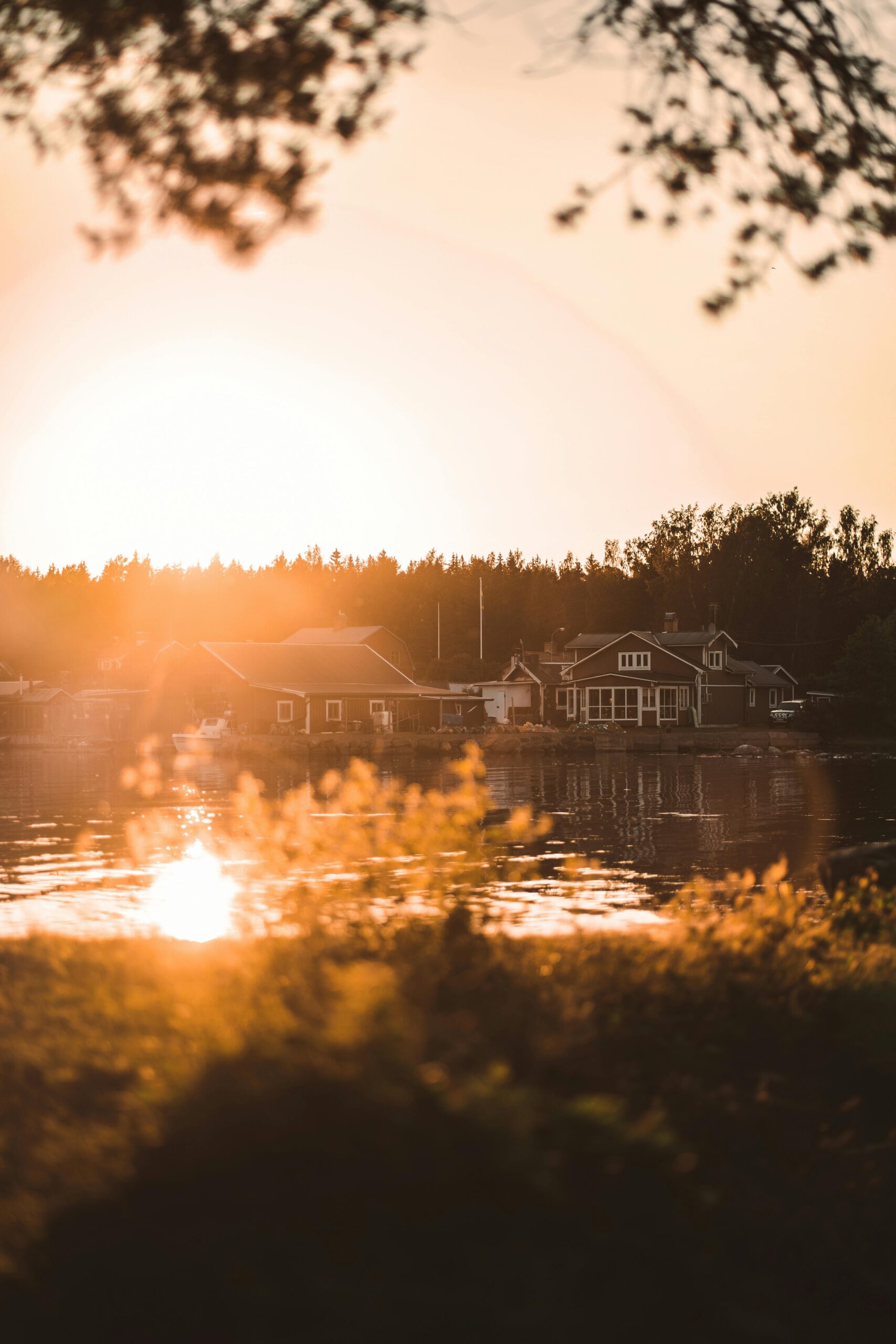
Tenants
Eco-Friendly Ways to Keep Your Garden Green
Having a lush, green garden is a dream for many. However, maintaining it without harming the environment can be a challenge. Here are some tips on how to create and sustain an eco-friendly garden.
1. Use Rainwater
Collecting rainwater is an excellent way to reduce water consumption. Install a rain barrel under a downspout to collect water that can be used for watering your plants. Rainwater is also softer and better for plants compared to tap water, which often contains chemicals.
2. Compost Garden Waste
Composting is a fantastic way to reduce waste and create nutrient-rich soil for your garden. Collect leaves, grass clippings, and kitchen scraps in a compost bin. As the material breaks down, it creates a rich compost that can be used as a natural fertilizer for your plants.
3. Use Organic Pest Control
Avoid chemical pesticides that can harm the environment and your plants. Instead, choose organic alternatives such as neem oil, garlic spray, or insecticidal soaps. You can also introduce natural predators like ladybugs and predatory mites to keep pests in check.
4. Mulch for Moisture Retention
Applying a layer of mulch around your plants helps retain moisture in the soil, reducing the need for watering. Mulch also prevents weeds from growing, reducing the need for herbicides. Use organic materials like wood chips, leaves, or straw for best results.
5. Create a Water-Wise Garden Design
Design your garden with water conservation in mind. Group plants with similar water needs together and use drip irrigation to minimize water loss. Create slopes and swales to capture and retain rainwater in the garden.
6. Use Natural Fertilizers
Chemical fertilizers can harm the environment by polluting water sources and killing beneficial soil microorganisms. Use natural fertilizers like compost, manure, or bone meal. These alternatives provide slow-release nutrients that improve soil structure and promote healthy growth.
7. Protect and Encourage Pollinators
Pollinators like bees and butterflies are crucial for a thriving garden. Plant flowers that attract pollinators and avoid pesticides that can harm them. Create habitats such as small water sources and insect hotels to encourage their presence.
By implementing these eco-friendly methods, you can create a green and sustainable garden that is not only beautiful but also beneficial for the environment. An eco-friendly garden is not just a step towards a greener planet but also a place where both people and nature can thrive together.







